By RCC Director Professor David Abramson
Last month I attended the 52nd International Conference on Parallel Processing in Salt Lake City, Utah. As co-chair of the program, with Professor Bronis de Supinski from the Lawrence Livermore National Laboratory in California, I was responsible for the operations of the program committee which solicited and reviewed papers.
We received more than 280 technical paper submissions across six tracks (Algorithms, Applications, Architecture, Multidisciplinary, Performance, and Software).
This process resulted in 82 papers being accepted for publication which was a terrific result coming out of the pandemic.
ICPP has a special place in my history because in the late 1980s it was the first parallel processing conference I attended, and possibly my first time in the US (although I am happy to highlight that it wasn’t the inaugural ICPP 52 years ago!).
A few highlights of ICPP 2023 for me are as follows.
I was privileged to present ICPP’s 2023 Best Paper and Test of Time Award to Michael Wolfe, formerly of the Oregon Graduate Institute and more recently NVIDIA. His paper, from ICPP 1986 (!), was entitled "Advanced Loop Interchanging”, and was really seminal work on compiler optimisations for parallel programming. Earning the Test of Time Award is so appropriate because these techniques are still in use in 2023 — quite a rare event for computer science!
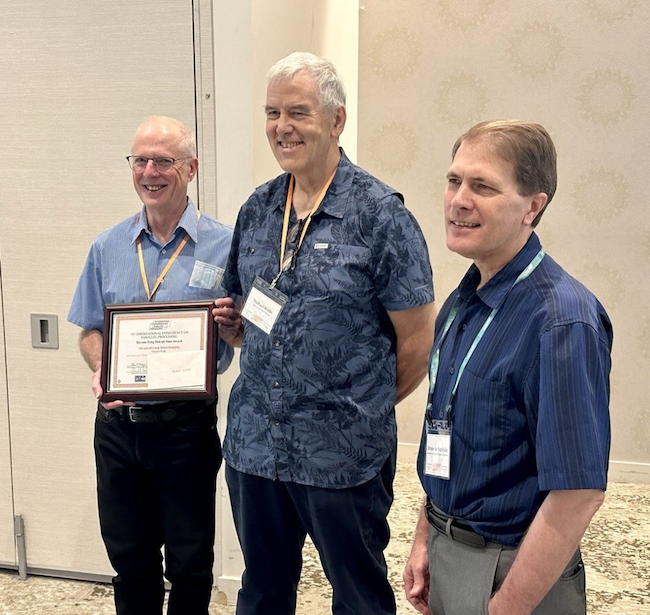
I chaired Professor Torsten Hoefler’s, from ETH Zurich, keynote address. He spoke about “Scalable and Efficient AI: From Supercomputers to Smartphones”. Torsten has been working on improving the performance of machine learning using his deep understanding of operating systems, parallel computing and computer architecture. He highlighted some of the reasons model training is such an intensive activity, and has proposed a number of significant improvements.
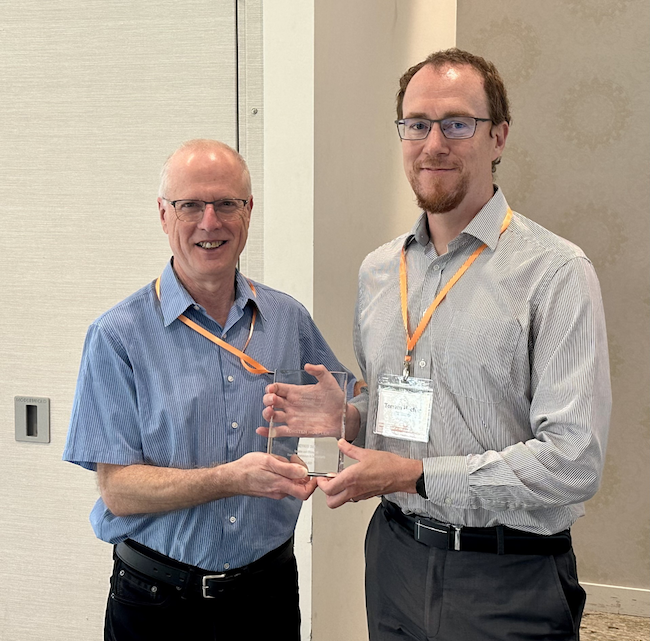
There were multiple great keynote addresses. Professor Kathy Yelick from the University of California, Berkeley gave an excellent keynote entitled “Beyond Exascale Computing”. Kathy, who has a long track record in HPC, gave a great review of the past and some predictions for the future, looking at everything from the role of cloud in HPC to AI. I particularly liked her 122-year graph of Moore’s law, starting with the Babbage Analytical Engine in the early 1900s! Her presentation can be found on Berkeley’s website for those who are interested.
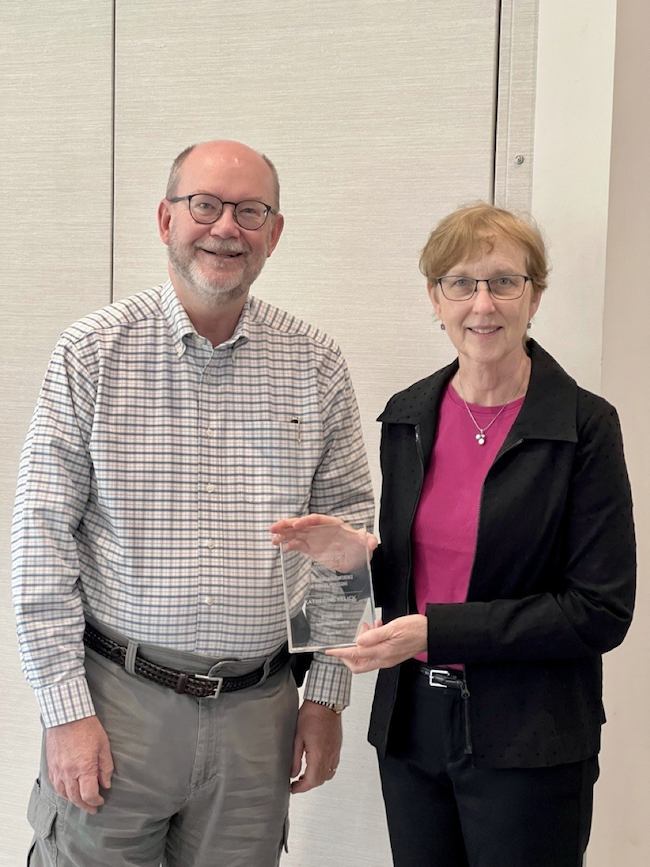
Robert Wisniewski, Senior Vice President and Chief Architect of HPC and Head of the Samsung Advanced Institute of Technology (SAIT) Systems Architecture Lab, gave a terrific talk entitled “Attacking the Memory and Communication Wall with Memory Coupled Compute”. He looked at how memory architectures need to develop to solve the classic memory bottlenecks we see in today’s computers, clearly a critical issue if we are to improve processor performance much more.
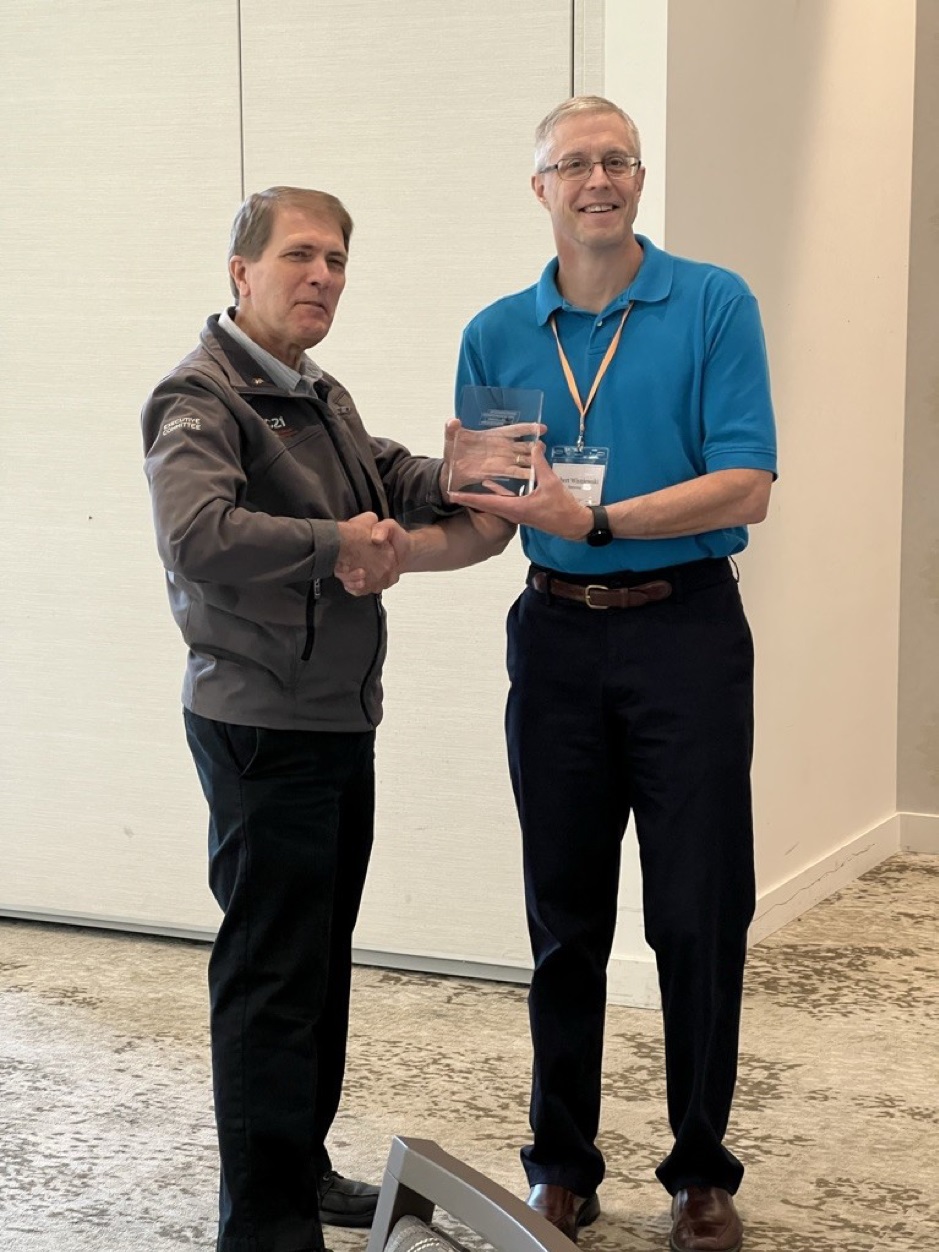
Dan Reed from the University of Utah gave a talk entitled “The Future of HPC”, and like Kathy, drew on lessons from the past and looked at upcoming opportunities. Dan has been fairly vocal about the role of hyper-scalars and the economics of Exa-scale machines and beyond.
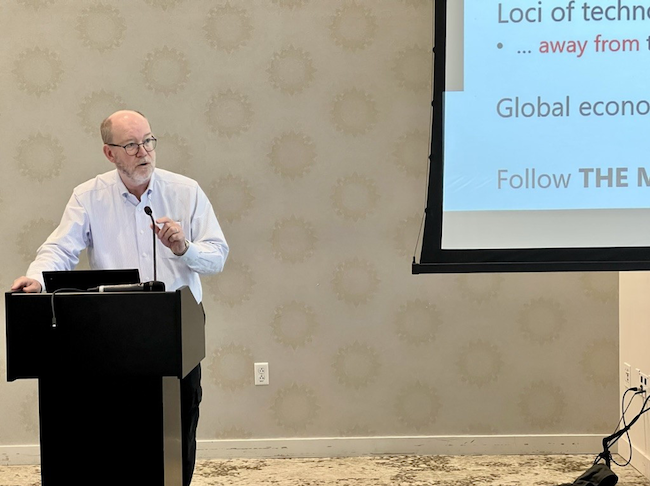
I was also invited by ICPP’s general chairs to present a talk on Translational Computer Science, a topic I have been promoting for the last few years.
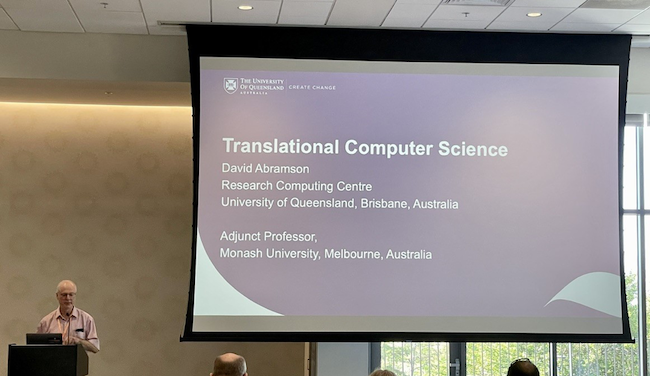
Overall the conference was a great success, and it’s good to see this meeting succeeding after such a long track record!



